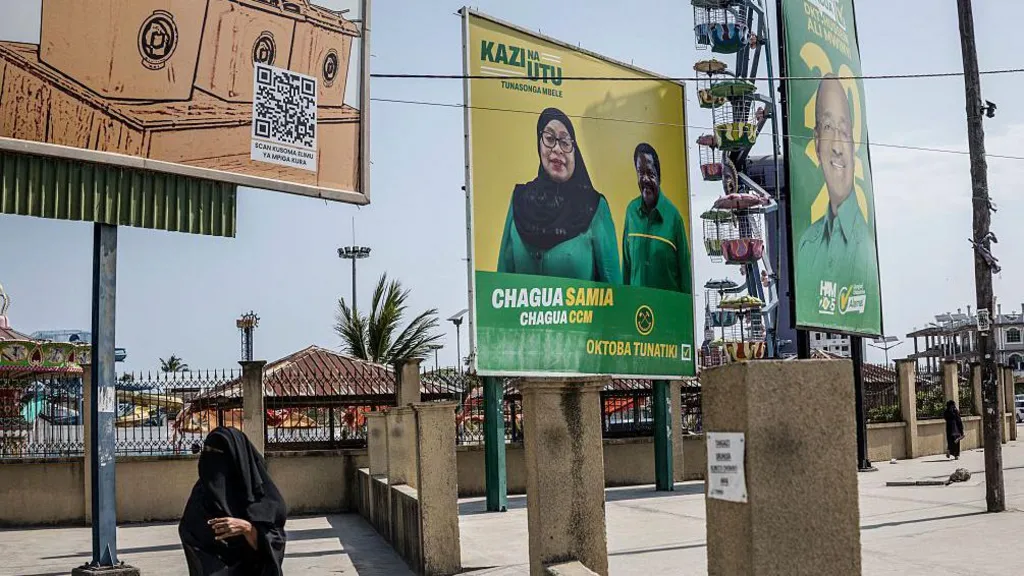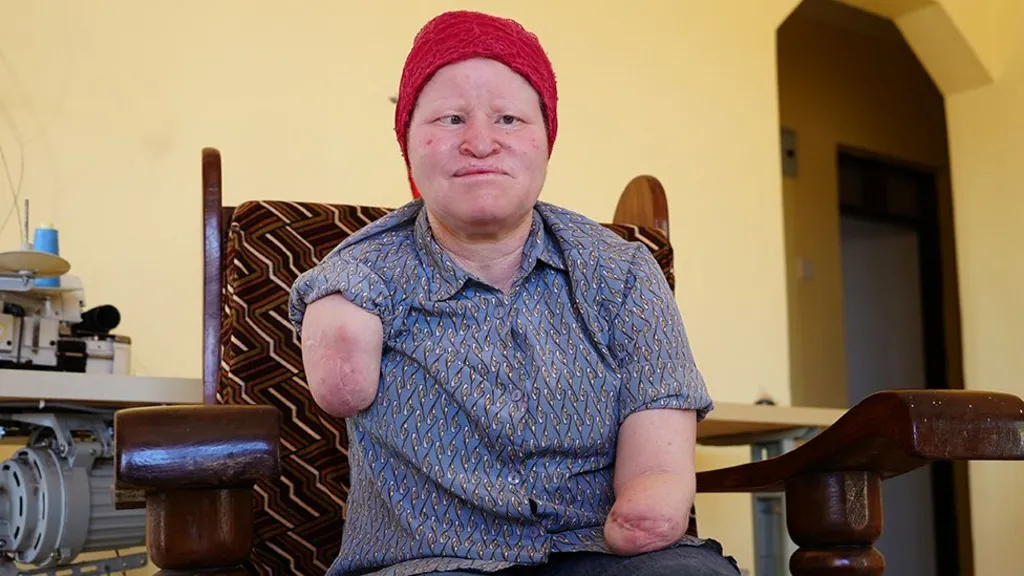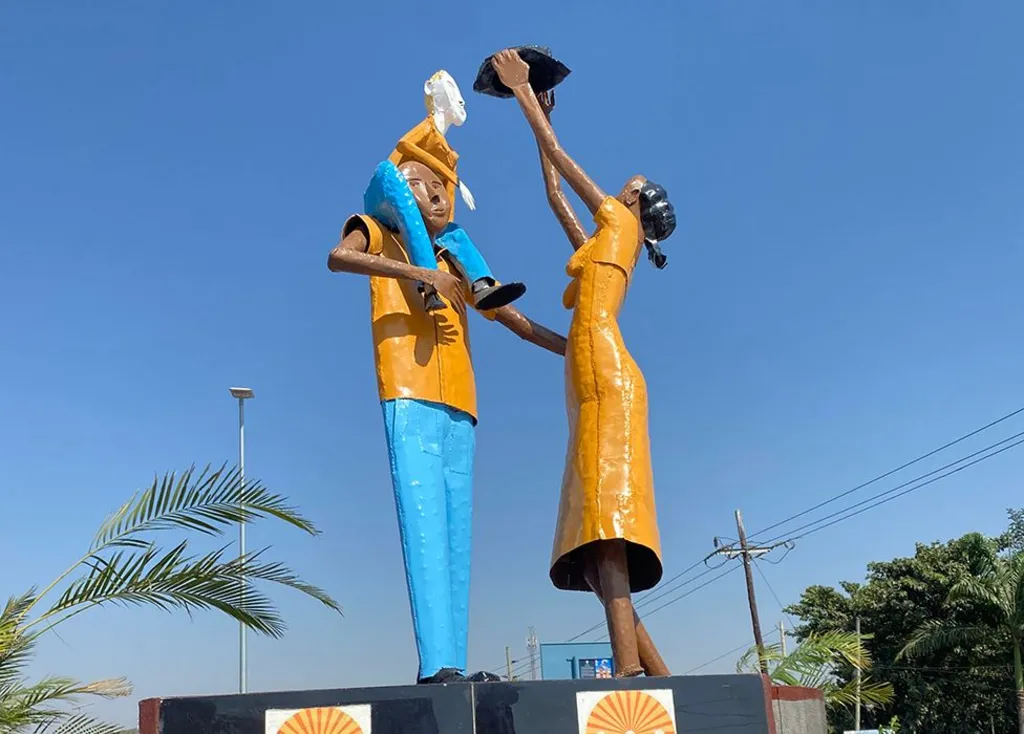Fresh trauma arrives with every election season in Tanzania for 42-year-old Mariam Staford.
For most, the fiesta-like rallies and songs, along with the campaign messages, signal a chance for people to make their voice heard. But for those with albinism, they bring terror.
“The first thing that comes to me is fear,” Mariam tells the BBC as people prepare to vote for a president and parliament on Wednesday.
“I know that killings of people with albinism happen especially at election time in Tanzania, when witchcraft beliefs intensify. That’s why I don’t take part in campaigns… I am so afraid.”
Albinism, which affects an estimated 30,000 people in Tanzania, is a rare genetic condition that reduces melanin – the pigment that gives colour to skin, eyes and hair.
Superstition has made those with the condition targets. The false belief that body parts of people with albinism bring wealth, luck, or political success have driven attacks and killings across Tanzania.
Activists say such assaults intensify in the run-up to an election as people vie for political influence.
Mariam knows what this danger looks and feels like personally.
In 2008, one of the bloodiest years for people with albinism in Tanzania as preparations for local elections were under way, machete-wielding men stormed into her bedroom in Kagera, a north-western border region.
“They came at a late hour of the night, cut off my right hand [from above the elbow] and took it away, and then they also cut off my left hand.
“The next day I was taken to a dispensary, unconscious, and the doctor who saw me said: ‘This person is already dead, take her back home and bury her’.”
Against the odds, Mariam survived – but she was five months pregnant and her unborn child did not.




